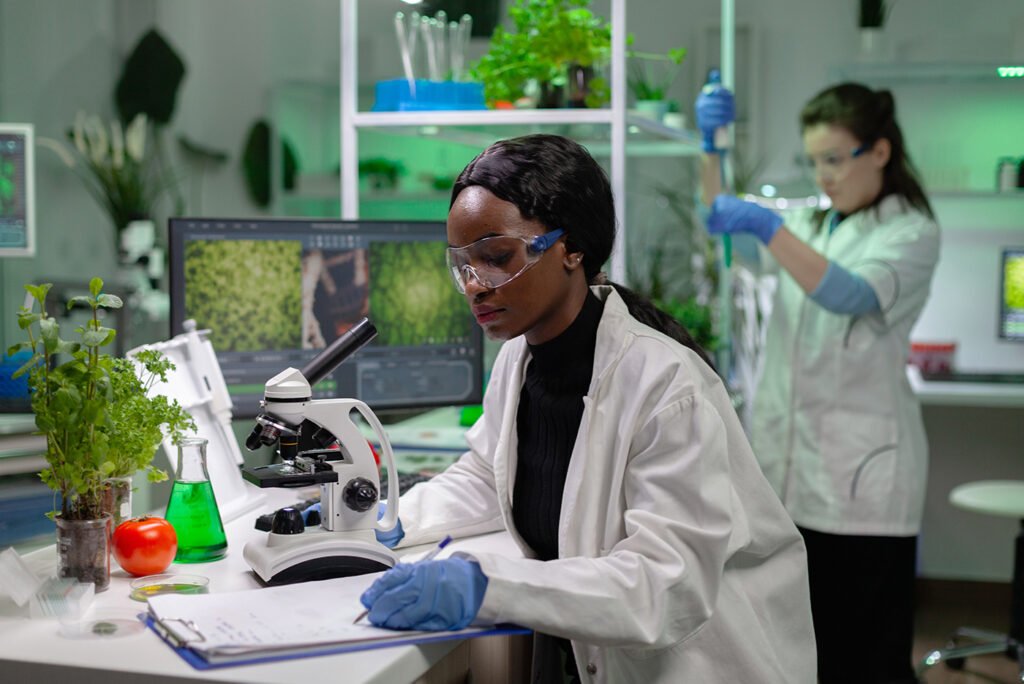
WHAT DO WE DO?
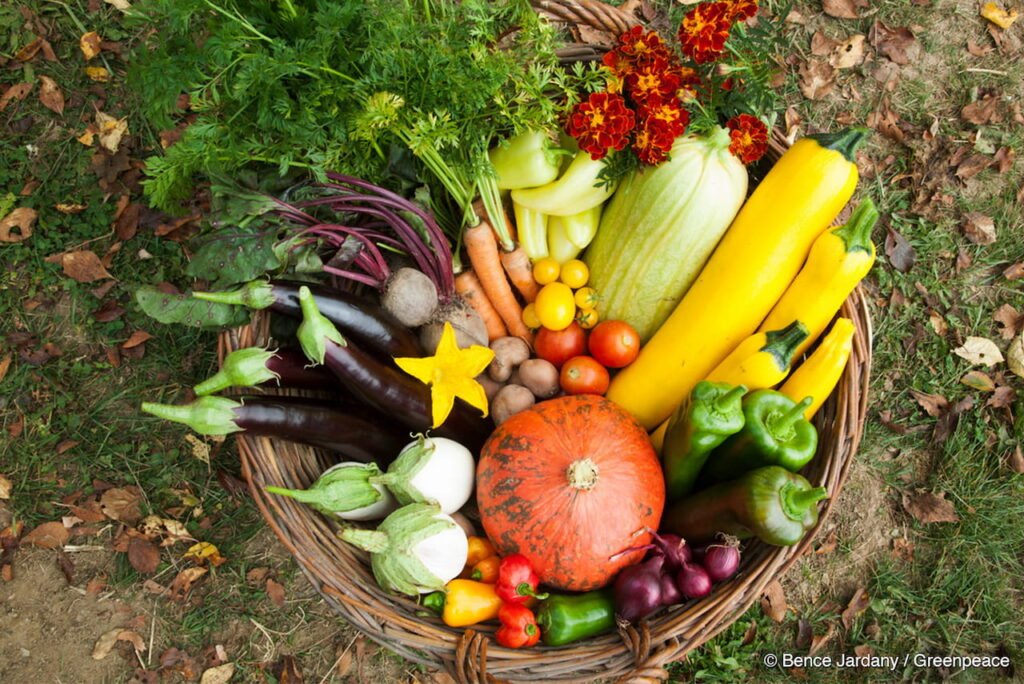
WHAT DO WE WANT?
This alliance emerged in response to the fact that pesticide use and production have been steadily increasing worldwide. The global pesticide market was worth approximately $60 billion in 2020, with one-third of this market controlled by companies based in the European Union. Yet, the current regulatory framework maintains a profound global North-South asymmetry, which, well beyond the economic aspects, concerns the inequality of living beings’ exposure to highly toxic chemicals. This neo-colonial logic does not allow the respect of the right to life and to a healthy environment, as well as the right of children and future generations

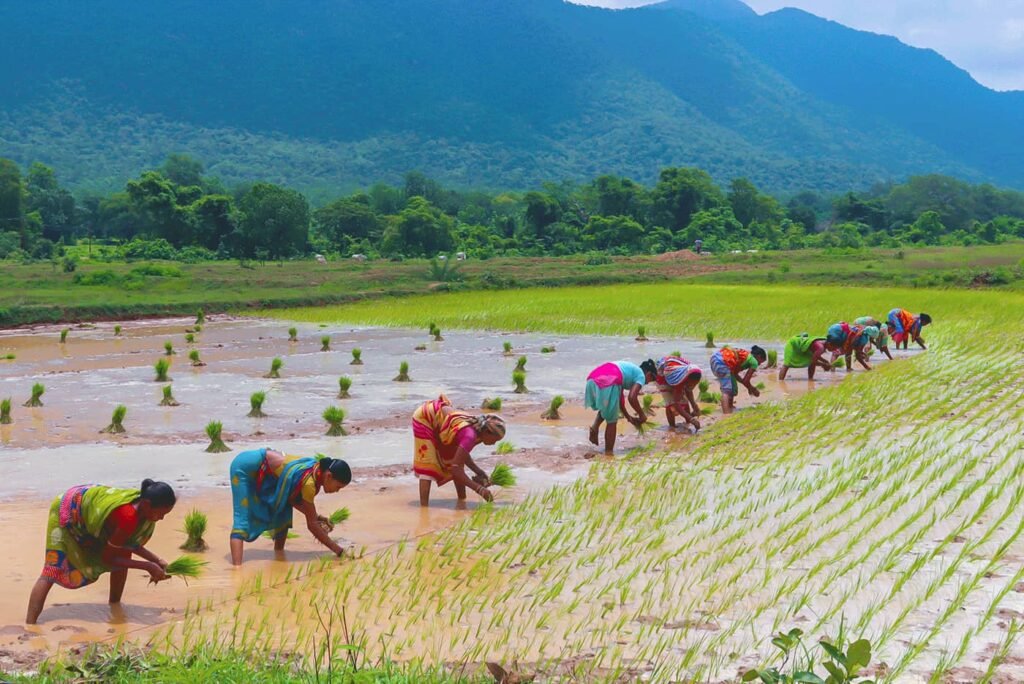
WHERE DO WE FOCUS?
The priority of our cooperation is to establish international rules that prohibit the marketing and use of toxic substances in countries of the Global South if these substances have already been withdrawn from the European or North American markets due to their hazardous nature. We also intend to set common limits for pesticide residues in food and drinking water, work on a plan to reduce and eliminate agrochemicals, and ban the aerial spraying of pesticides worldwide. Our shared desire is a model based on local agroecological production and sustainable practices that aim to ensure food security and sovereignty for all countries.
Partners
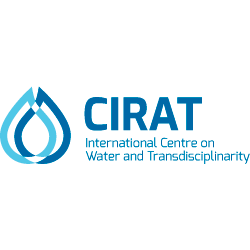
The International Centre on Water and Transdisciplinarity (CIRAT) is a non-profit organization based in Brasília, Brazil, which has been conducting research and management projects since 2017 with the aim of promoting knowledge and best practices related to water and sustainability.
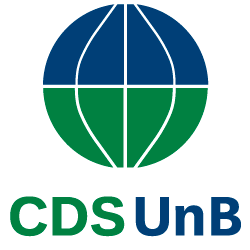
The Center for Sustainable Development (CDS) is a permanent unit of the University of Brasília (UnB) in Brazil, dedicated to interdisciplinary education and research in sustainability.
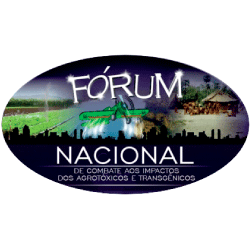
The National Forum to Combat the Impacts of Pesticides is coordinated by members of the Public Ministry of Labor, with the aim of reducing the impacts caused by the use of pesticides throughout Brazil.
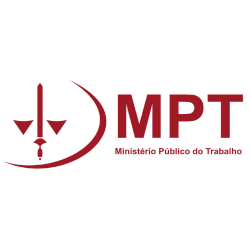
The Public Ministry of Labor (MPT) belongs to the Brazilian Public Prosecution Service, whose function is to act in defense of collective and individual rights in the labor field.
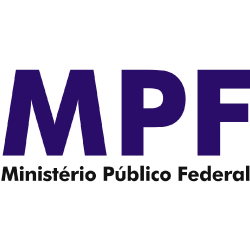
The Federal Public Ministry (MPF) is an essential branch of the Union’s Public Ministry (MPU) in Brazil, defending the legal order, democratic system, and social and individual interests.

Justice Pesticides is an association that aims to establish a vast network that brings together worldwide legal actions involving pesticides, with the goal of establishing an international legal and scientific foundation.

Greenpeace is an international non-governmental organization dedicated to environmental protection and the promotion of sustainability and environmental justice causes. Its mission is to promote environmental protection, peace, and social justice through direct action, research, advocacy, and environmental education.

The mission of the Bem-Te-Vi Diversity Association is to promote social justice and well-being through support for socio-environmental and human rights initiatives, to strengthen civil society and democracy. Its main activity is the support and financing of organizations and projects through the donation of financial and technical resources.
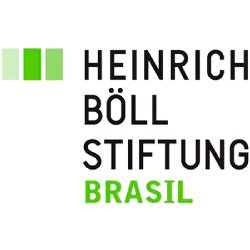
The Heinrich Böll Stiftung is a German non-profit political organization operating in various countries. Its core principles are those of ecology and sustainability, democracy and human rights, self-determination, and social justice.
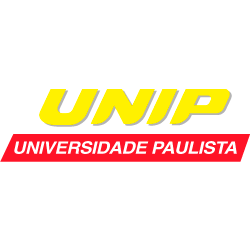
The Universidade Paulista is a Brazilian private university present in over 900 locations in Brazil and promotes student development through high-quality, technologically advanced, and future-oriented education.

Pesticide Action Network (PAN) is a network of over 600 participating nongovernmental organizations, institutions and individuals in over 90 countries working to replace the use of hazardous pesticides with ecologically sound and socially just alternatives.
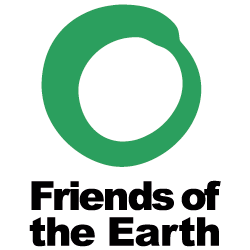
Friends of the Earth is the world’s largest grassroots environmental federation with 73 national member groups and millions of members and supporters around the world. Their fight is for a healthier and fairer world.
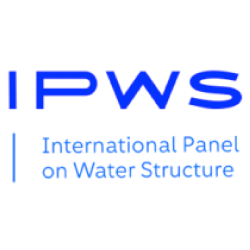
The proposal of the International Panel on Water Structure (IPWS) is to connect cutting-edge researchers who conduct research on water nanostructure and related areas of knowledge, as well as its diverse applications, from an interdisciplinary perspective.
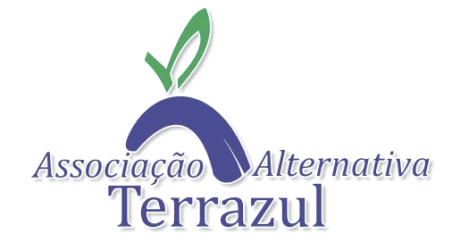
Alternativa Terrazul is a Brazilian non-governmental, socio-environmental organization that engages in projects, programs, campaigns, and activism with the aim of contributing to the construction of sustainable societies, guided by the values and principles of the Earth Charter.

The Public Ministry of the Federal District and Territories (MPDFT) is a Brazilian agency of the Federal Public Ministry that operates within the Federal District and its territories. Its role is to promote justice, democracy, citizenship, and human dignity.
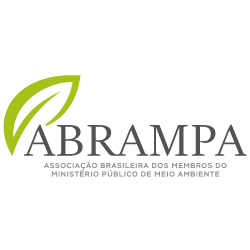
The Brazilian Association of Members of the Environmental Public Ministry (ABRAMPA) is a non-profit entity that gathers members of the State, Federal, Labor, and Accounts Public Ministries, all engaged in environmental protection throughout the Brazilian territory.
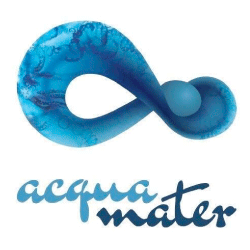
Aqua Mater is a Brazilian organization with a global reach, dedicated to promoting the generation of health and life through the responsible management of all the Earth’s water resources. Their transdisciplinary projects are focused on the conservation, regeneration, and sustainability of all life inhabiting the world’s oceans.
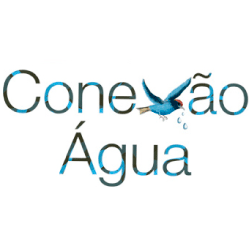
The Conexão Água project is a collaborative network aimed at improving the quality and quantity of water in Brazil and promoting participatory and transparent water governance. It is comprised of representatives from various sectors of civil society and the government.

KOSMOZ Sustainability Catalyst aims to accelerate the sustainability transition by empowering local actors from public to private and civil society sectors through the development of shared value and circular economy strategies, fostering innovative business models. The organization is based in Maputo, Mozambique.
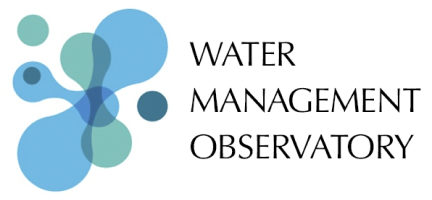
The Water Management Observatory produces and disseminates information on the integrated and participatory management of Brazil’s water resources. Created by WWF-Brazil to monitor water governance and ensure that water resources management is firmly placed at the center of the political agenda in Brazil.

The International University of Peace (Unipaz) is a non-governmental, non-profit organization created to develop specific projects related to the Culture of Peace. Initially established in Brasília, it is now spread across units located in Brazil and abroad.
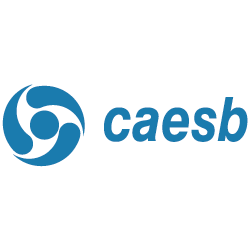
The Environmental Sanitation Company of the Federal District (Caesb) is a mixed economy company that operates in various fields of sanitation and water supply, including the collection, treatment, and final disposal of sewage.
Do you want to act and become a member?
Join the cause!
